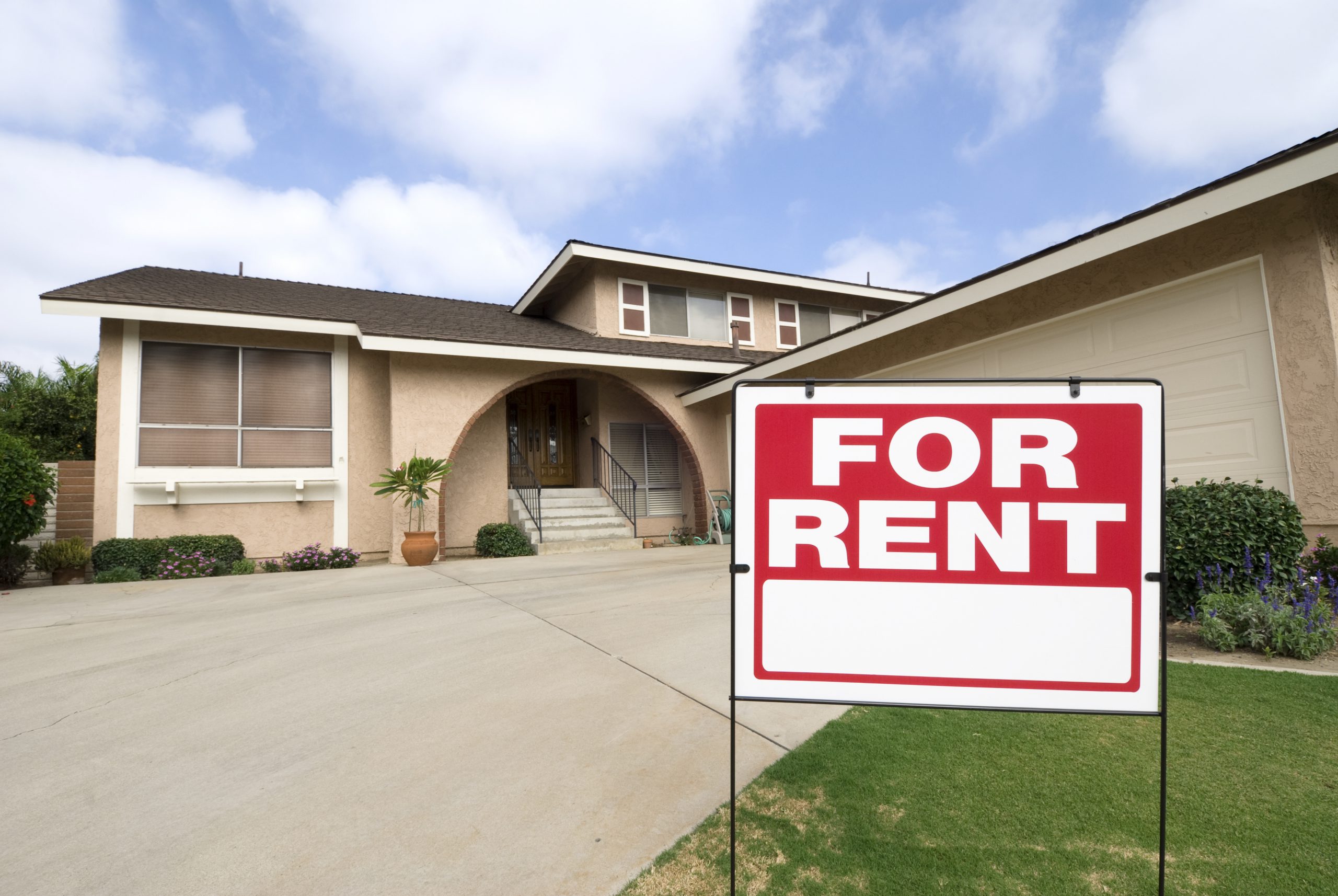
For many people, rental payments are a reality of everyday life. What you may not have thought of, though, is just how much money really flows out of your bank account and into your landlord’s over the course of a year. Here’s what you should know about the case for buying as opposed to renting and why most people are wasting money by continuing to rent the places they live.
A Brief Look at How Rent Adds Up
Read More »The Case for Buying Instead of Renting
Now, let’s compare the cost of renting to the cost of buying. Continuing with the example described above, a monthly payment of $1,100 would correspond to a mortgage on a home priced at nearly $165,000, assuming a roughly 4.125 percent interest rate and the 3.5 percent down payment required for first-time home buyers to get an FHA loan. This payment can be brought down to a much lower level with a larger down payment. By paying 20 percent on a $165,000 property at the same assumed interest rate, the estimated payment would be reduced to around $985 monthly.
To really understand the potential savings that can come with ownership, though, let’s consider something more along the lines of a typical starter home. For these estimates, we’ll assume that a buyer’s first home is a small, somewhat older property priced at $85,000. While this is below the national average, this kind of property is usually available to most buyers who live outside of major metropolitan centers. Assuming you could put 10 percent down and secure the same 4.125 percent interest rate estimated above, your monthly payments would be around the $700 mark, depending on insurance and estimated taxes. Since this is the kind of property someone buying a home for the first time is more likely to purchase, this case is a much better approximation of the potential savings that come with buying.
It’s also important to note that, for the moment at least, the numbers above may run a bit higher than what you’d really pay. Thanks to recent baseline interest rate cuts by the Federal Reserve, mortgage interest rates in America are currently sitting at a multi-year low of around 3.3 percent. While these rates may not stay in force indefinitely, locking a home loan in at the current rates can help you save a great deal of money over the course of the next several years.
The Importance of Equity
If you aren’t yet sold on the financial advantages of buying, there’s another very important aspect to consider. As a renter, your money ultimately goes into an asset you don’t own and aren’t building equity in. While rent is purely an expense, home payments actually constitute a form of investment. By gradually building equity in your property as you pay it off, you’ll be increasing your net worth and buying a valuable asset that can then be sold off later if you choose. In other words, the money you put into buying a house can be gotten back out of it later, rather than simply disappearing into your landlord’s bank account.
Are There Any Advantages to Renting?
With all of this said, let’s not forget that there are some circumstances in which renting really does make more sense. If you’re working or attending school in an area you don’t plan to live in for more than a few years, for example, renting is almost certainly a better option for your situation. Likewise, rentals are usually an appropriate housing solution for young people during the early years of their careers while they build up the credit profile needed to buy a home.
As you can see, there are several advantages to home ownership as compared to renting. While rentals may be okay in some circumstances, most people who live in rented homes or apartments on a long-term basis really are throwing their money away. If you want to set yourself up for a more stable financial life, one of the best things you can do is to stop renting and become a homeowner.





